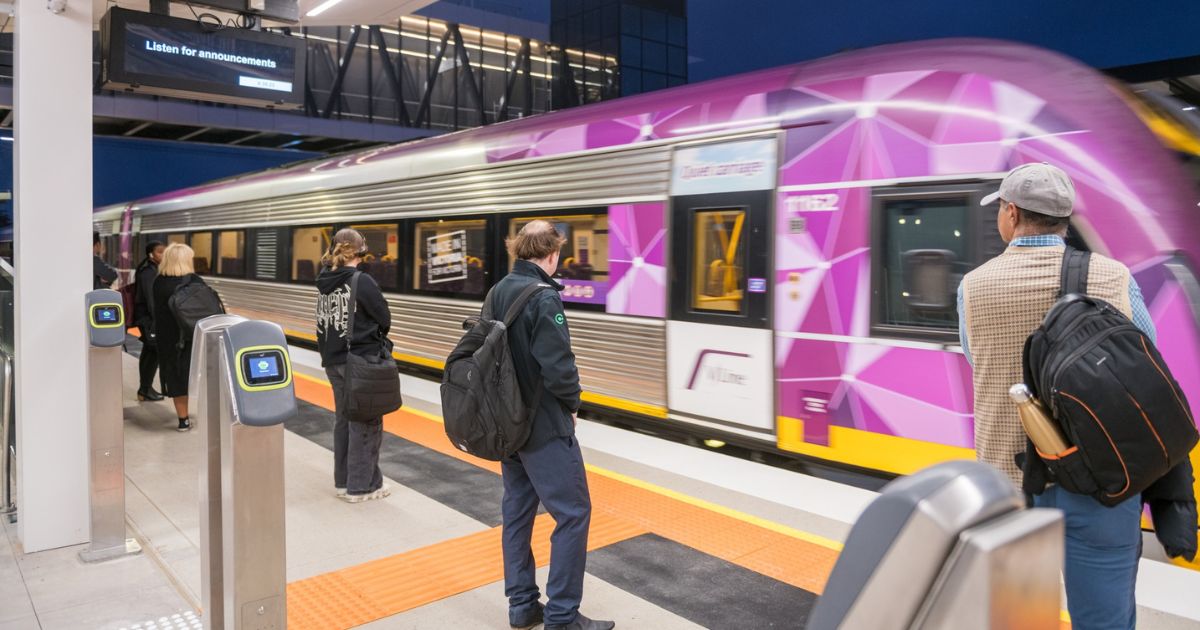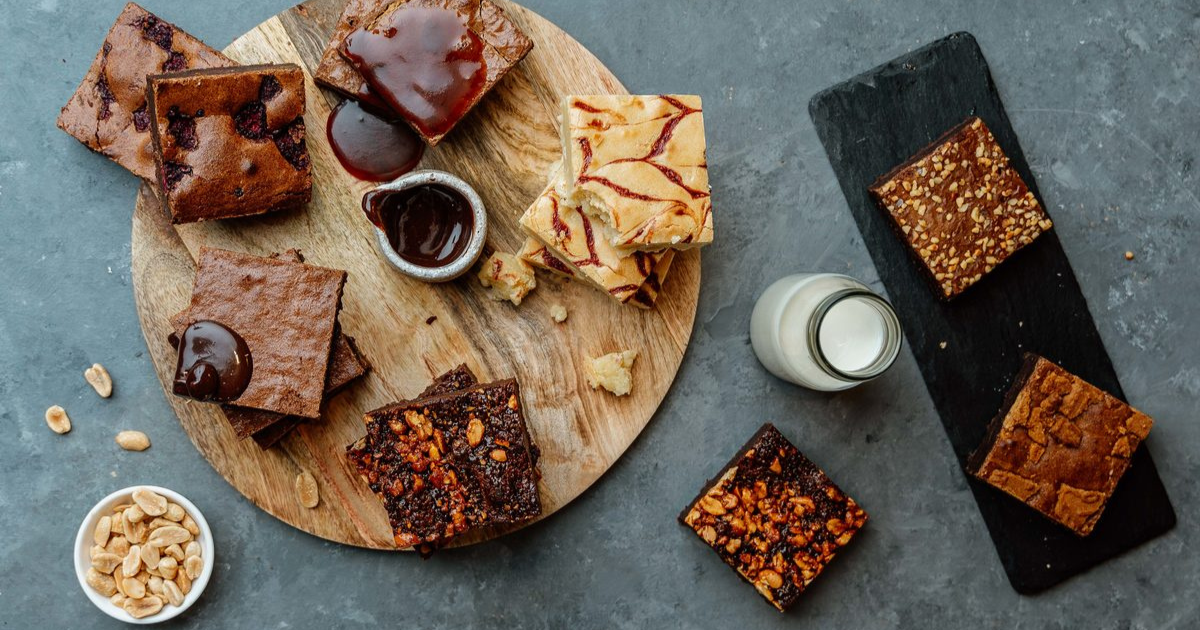Hospitality relief not enough for struggling coast

The announcement of flexible visa conditions is unlikely to fix the struggling hospitality sector based in Lorne.
THE announcement of flexible visa conditions has been deemed not enough to repair Lorne’s struggling hospitality industry.
While venue manager Paul Upham welcomed the news that international students will be able to work more than the previous 40 hours a fortnight, he said Lorne may miss out on reaping the rewards as a result of the rising cost of living and lack of university students.
Earlier this month the Morrison government announced the 408 COVID-19 Visa would be extended to hospitality and tourism workers after the flexible working conditions were previously put in place for agriculture, childcare and food processing industries.
On top of removing existing work hour caps for international students, the government will allow temporary visa holders to access the 408 COVID-19 Pandemic Event Visa for a period of 12-months.
“For us, someone who works Friday, Saturday and Sunday generally might do somewhere between 25-30 hours over these three shifts, so this will allow visa holders to be able to work weekends,” Mr Upham said.
“It is definitely a help no doubt about that, but it will probably be more helpful in Geelong and the Surf Coast because we don’t have many students living in Lorne.”
With international borders remaining shut until mid-2022 and the rising cost of living, Mr Upham said finding enough staff to operate a hospitality businesses in the coastal town will be an ongoing challenge.
“It is a bit of a rock and a hard place because our biggest issue is the lack of affordable housing in Lorne stopping people from working and living here,” he said.
“There is either no accommodation and if something does come up, the hospitality wage wouldn’t allow them to live in Lorne.
“You are looking at around $700-800 a week for a house and in a managerial role you would earn $1,200 a week.
“You aren’t going to spend $800 on accommodation.”
According to realestate.com.au the median house price in Lorne is currently around $1.5 million and almost $800,000 for a unit.
The median rental price was unable to be calculated as a result of insufficient data meaning less than 10 listings have been made in the preceding 12 months.
“Unfortunately, one of the first questions I have to ask in interviews is if they have a family because it nearly precludes them from taking work in Lorne,” Mr Upham said.
“There is no accommodation available to have a family present. If they’re a couple sometimes that works in their favour because two people can share one bedroom but if you’re single it’s also problematic because you’re looking at $250-$300 a week for an apartment, if it is available.”
With no working holidaymakers, businesses in Lorne will continue functioning at below capacity.
“In summer we would have up to 100 international workers across Lorne, so most businesses have had to close one or two days a week,” Mr Upham said.
“It has really impacted hospitality in terms of recovering from last year’s closures, paying back debt and getting back on their feet.”
Despite this, the Minister for Immigration, Citizenship, Migrant Services and Multicultural Affairs Alex Hawke said the changes will offer widespread support for the sector.
“Government has listened carefully to the states, territories and industry and is introducing these changes to support critical sectors for Australia’s COVID-19 economic recovery,” he said.
“Tourism and hospitality employs more than half a million Australians and these changes will allow them to supplement their existing workforce to keep their businesses running in addition to generating employment through a job multiplier effect,” he said.
“I am continuing to take feedback and advice from a range of sectors and will make further announcements on temporary visa flexibility measures and priority skills in the near future.”

















